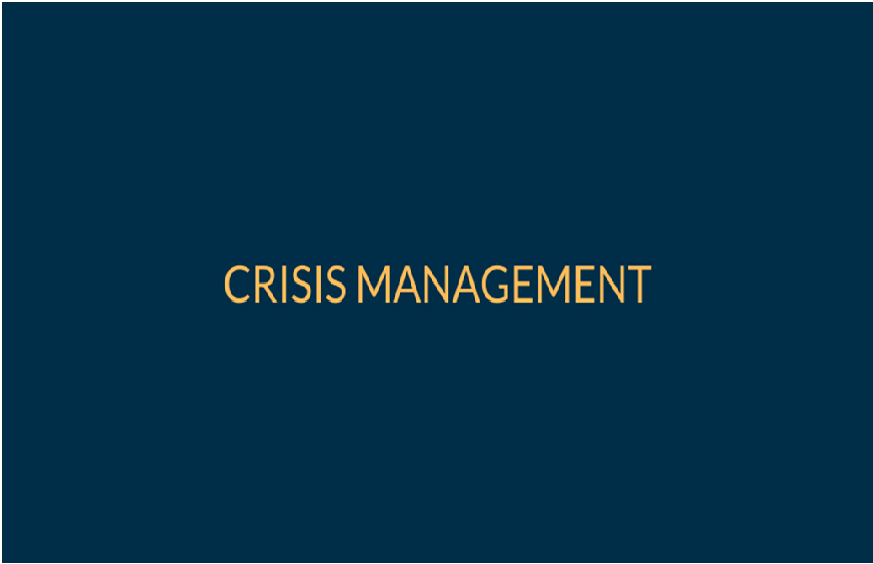Today’s IT environment has contributed to many benefits for businesses. Cost has reduced, productivity has increased for many brands, especially those with a Cloud and hybrid environment. But you need to understand that your IT isn’t immune to any crisis and not dealing with any small issues, planning and implementing a crisis management plan will only lead to a lot of potential damage from a crisis. It’s not a matter of if, but when.
There is a wide range of potential crises which could affect your organization’s health and safety and cause reputation damage which in turn can cause immediate short- and long-term negative effect on your brand. According to a survey done from a variety of industries, the most common crises likely to happen to affect the business data would be data breaches, natural disasters, and power outages.
Read more: call center tracking system software
No matter the type of crisis, the potential costs to your business will be significant and will result in a long recovery time and a direct impact on downtime and revenue. Even a minor crisis can lead to your reputation being damaged, loss of loyal and new customers, and decreased sales.
So, what can you do to prepare for a crisis?
The best way to handle a crisis is to have a set plan in motion that will help you to deal with the fallout. Here is a three-step approach you can take to implement a solid plan.
- Step one is to create a crisis plan is to provide a framework for responding to any crisis, i.e., health, safety, business incidents, and reputational damage.
- Step two is to establish a hierarchy of crisis teams to assess the damage done and respond in an immediate and effective manner
- Step three is to prepare a crisis communication strategy to respond immediately and take the needed steps to minimize any damage done to your company or reputation.
Companies who have this plan enforced are far less to get the full impact of any crisis and would not be greatly affected by security breaches, tangible damage, or reputational damage – this would be much greater if there was no plan in action.
What if you don’t have business continuity planning?
Let’s start with an example, a big consumer retail brand suffered a data breach through compromised malware resulting in millions of customers’ financial information as well as their debit, credit cards, personal information like addresses, phone numbers, and email addresses getting leaked. The company’s security IT team became aware of the breach early on but took no action and because the company was well-known a security blogger wrote an article about the same as the company’s security team waited until the next day to issue a response.
If you were an existing customer with this brand, would you like to continue with them? No, this is because not only would your personal and financial information be compromised, but the company did not take immediate action to resolve the breach. Once a brand has messed up, customers lose faith in the brand and no longer feel safe buying things from that brand, this leads to a lot of your customers dropping out – and since word-of-mouth spreads fast, newer customers will also not want to have anything to do with you, tarnishing your brand reputation and losing you thousands and millions in sales.
How can a crisis management plan help to minimize this?
Until a crisis is detected, an organization can expect some financial damage, however, when the crisis is known, effective management is needed by following a well-thought-out crisis management plan which the company can use to minimize damage. You need to be able to develop this plan beforehand and be able to honestly deal with the after-effects to keep your company’s reputation from suffering.
In Conclusion
When it comes to crisis management, it’s always better to hire a professional agency whether your company is big or small. These experts can come up with a plan and ensure that it’s followed and can improve your organization’s crisis survival at all levels of your business.

